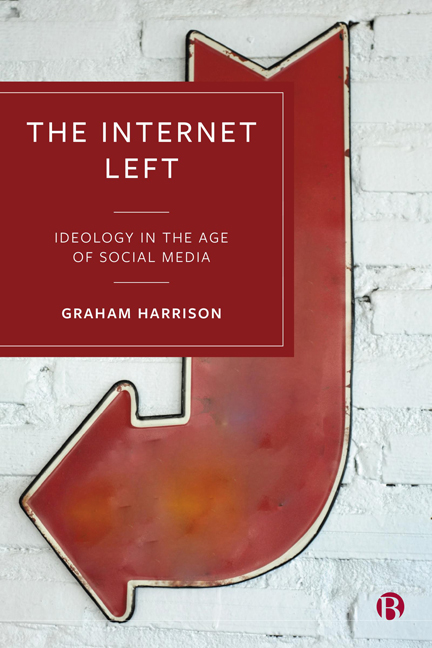Book contents
7 - Contention
Published online by Cambridge University Press: 03 April 2024
Summary
Introduction
We have set out two proto-ideological projects that seek to reinvigorate socialist political ideology. Each has conceptual arrangements that help make sense of the world and establish arguments as to why and how socialism remains an active and valued way of thinking about politics. These chapters have been mainly descriptive: apprehending the shape of each political ideology as it lives in PSM. This chapter seeks to focus on the nature of ideological construction in more detail and in the midst of live political contention. As we have argued, proto-ideologies are upstarts: combative insurgent traditions that wish to elbow into public spaces not only in relation to their ideological foes but also their fellow traveller traditions. It is the latter that we shall focus on. The main reason for this is that it is in the midst of debates for the meaning of socialism that the most intense political contention resides. If, say, a spokesperson for the Institute of Economic Affairs announces that rising unemployment is a necessary effect of market competition, then it is of no great interest to explore how any socialist tradition might challenge this. It would be neither surprising nor intriguing to see voices of opposition from any socialist position.
What is more interesting and instructive is the contention between DMN and Identitarian Socialism. As socialist proto-ideologies, both necessarily have to deploy similar political devices in their contentions, even if their meaning and their intentionality – the purpose to which those devices are put – are dissimilar. Both seek to establish an ascendance in relation to the meaning of socialism, which makes them rivalrous. And, in exploring the interactions between the two, we can see how much of the morphology set out in the previous two chapters is activated to generate affective and aesthetic tools which, as we have argued, are especially central to a protoideological project.
Weaponry
Aesthetic and affect
We will explore two bones of contention: Brexit and COVID-19. In each case, these two proto-ideologies articulate substantially different and antagonistic views. These views were clearly based in each proto-ideology’s own distinct concepts. Before we move on to do this, we need to return to the aesthetic and affective components of our model as set out in Chapter 3 in order to detail how they will be deployed.
- Type
- Chapter
- Information
- The Internet LeftIdeology in the Age of Social Media, pp. 115 - 135Publisher: Bristol University PressPrint publication year: 2023



